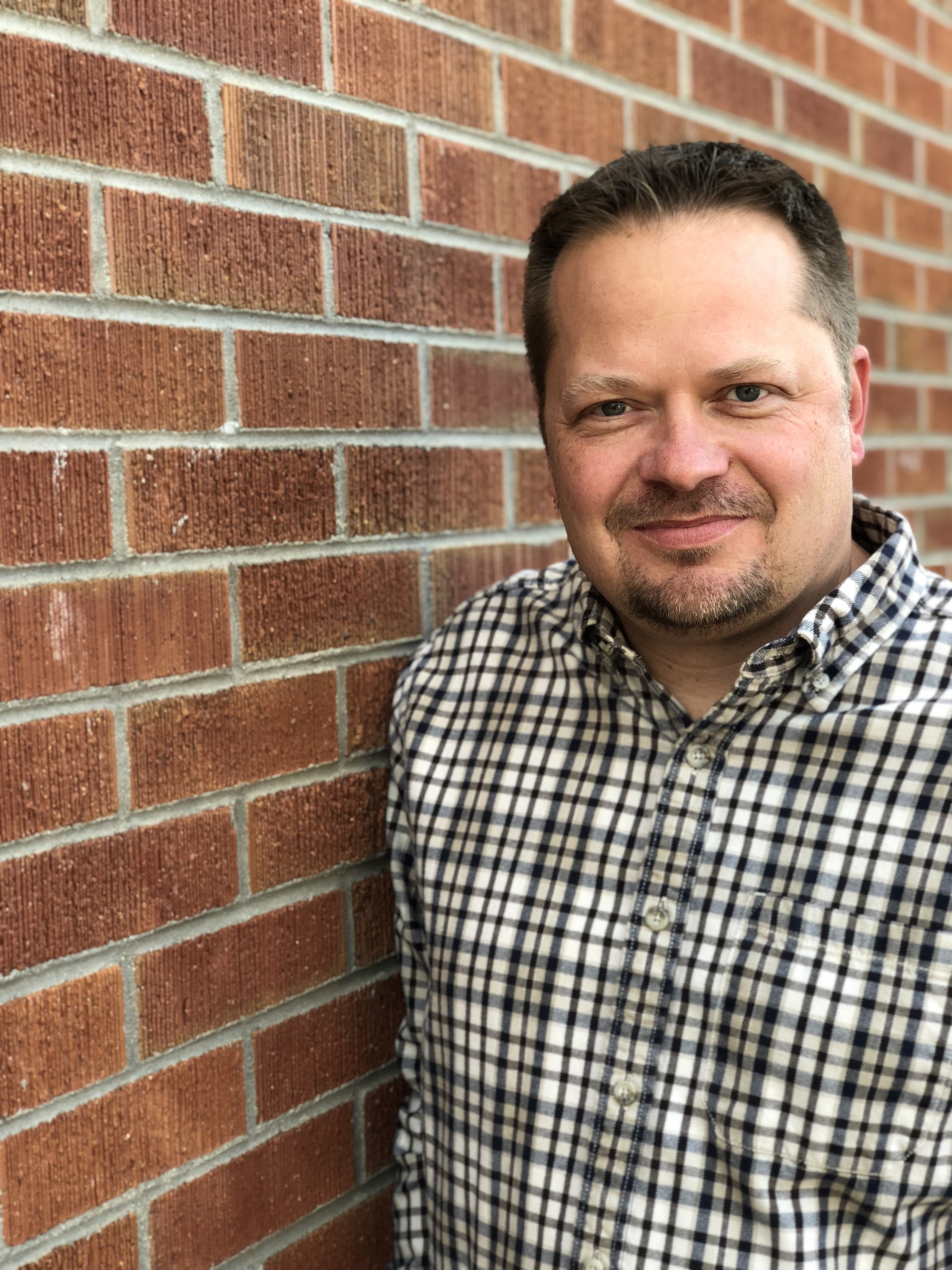The word “accountability” stirs up lots of different feelings, not all positive. If you have been around any kind of Christian group, particularly a men’s group, you’ve heard about accountability. We think, “I just need to be accountable to someone so I can kick this porn habit.” Or we hear, “If you will just find an accountability partner, you will find victory over whatever it is you are struggling with.” I have heard some version of these statements more times than I can count.
And I have tried the prescribed medication of accountability. I have met with groups of men and one-on- one to be accountable. What most often happens is that the process becomes an exercise in reporting to one another how we have been “bad” or fallen into sin. This might be helpful for a season, but something seems to be lacking after a while.
At first, it can be truly healing and sometimes very emotional and intense. Talking about what has so bound us up in secrecy and shame feels really good and right. Confession and repentance are beautiful and holy. Over time, a number of things may take us away from that intense beginning.
We have a short-term goal for accountability.
If we are honest, what most of us actually want is a short season of accountability, in which we can get our act together and then go back to being strong, independent people who don’t need accountability anymore. This is problematic, because we are designed for ongoing relationship that goes deep enough to include our struggles and temptations. Sometimes, almost as soon as we start sharing honestly, we are planning our move back to independence (and a repeat of the same problems).
Addiction leads us to pull away
If we are dealing with an addiction, it doesn’t just go away because we confessed to someone. In fact, being vulnerable brings us closer to feeling what our hearts most desire–to be known, loved and accepted. Our addictions are what we use to protect ourselves from feeling those very things, because we have been rejected and hurt. Feeling “connected” feels good but also terrifying. We want to run when we need to press in.
We don’t have a clear vision for more than confession and repentance.
That initial rush of “coming clean” feels so good and so right. We talk about our impure thoughts or behaviors that are sinful and bring us shame. Over time, we are left wanting more. We start to realize that our behaviors are surface evidence of something more going on underneath. This is a whole new level of vulnerability, talking about heart’s desires and longings. And what do I talk about if I’ve had a good week? Is it okay to be okay?
In his book Surfing for God, Michael Cusick has a few things to say about accountability, or rather accessibility (Are we allowing our hearts to be accessed?). He describes three types of accountability, two that are common and one that is less so.
Cop Accountability
“With the cop accountability strategy, I believe that by sharing my sin with someone, I will have greater incentive to choose what is right. It’s about avoidance of shame. This form of accountability is a gospel of sin management that is all too common and fraught with problems.”1
While this may be a starting place for many seeking freedom, the major problem with “cop accountability” is that it does not address the heart. It only addresses the behaviors we choose to divulge. If addiction is part of the problem, then so is deception. Addicts have spent so much time convincing themselves and others that they don’t have a problem that their deception is difficult to drop. When the heart and internal motivations are not addressed, then the behaviors and deception continue.
“Finally, the man who lives under the cop accountability approach will fail in one of two ways. He will suffer from a chronic sense of failing to measure up, which only serves to reinforce shameful core beliefs. Or he will succumb to pride (similar to the Pharisees of Jesus’ day) resulting from his mastery of sin.” 2
Coach Accountability
“Our accountability partner plays the role of instructor, trainer, and coach, who helps us manage our lives so we can keep moving forward.”3
While this sounds great and is definitely an improvement over cop accountability, here we can get wrapped up in a “works” mentality of doing good and being good based on our own efforts. It is exhausting.
“This approach implies that if we give it enough effort, time, and attention, we can earn a victory over sin and make our lives work. This ‘try harder’ emphasis concerns itself less with sin management and more with the relentless effort to be good. It is a gospel of inspiration.”4
Cardiologist Accountability
“In the cardiologist approach we move from accountability to accessibility. We expose our hiddenness, but more than that, we acknowledge our brokenness. Instead of trying to manage our sin, or be inspired to obey, we recognize our need for transformation. We begin to allow God, and a few others, to walk into the messiness of our lives, and we learn that we are more than the sum of our brokenness.”5
When I read this last quotation from Cusick, my heart said, “Yes! That is what I want and need.” But this is also the most difficult way forward. There isn’t a “to do” list to check off. Another conference or another book or another counselor isn’t the solution (although they can be great tools). A problem arises when we try and make the tools into the solution. They are supposed to help us along our way, not to become “the way.”
I encourage you (and me) to seek out people who want to walk into the messiness of your life. God and other people need to be given access to our hearts. We must expose our sin, and yet be willing to share our deepest pain and desire as well. We are more than our sin, so let’s discover who we are together.
1Michael John Cusick, Surfing for God: Discovering the Divine Desire Beneath Sexual Struggle (Nashville, TN: Thomas Nelson, 2012), 183.
2Cusick, 183.
3Cusick, 183.
4Cusick, 184-184.
5Cusick, 185.

Roger Jones
Executive Director
Make a Difference in Someone's Life
If you enjoy reading WGA’s blogs and would like to show your support, please consider making a donation. Where Grace Abounds is a 501(c)3 non-profit organization. The majority of services, including support groups and discipleship counseling, are provided free of charge. Your financial gifts help to cover the costs associated with offering a free program to those who seek WGA’s services.

